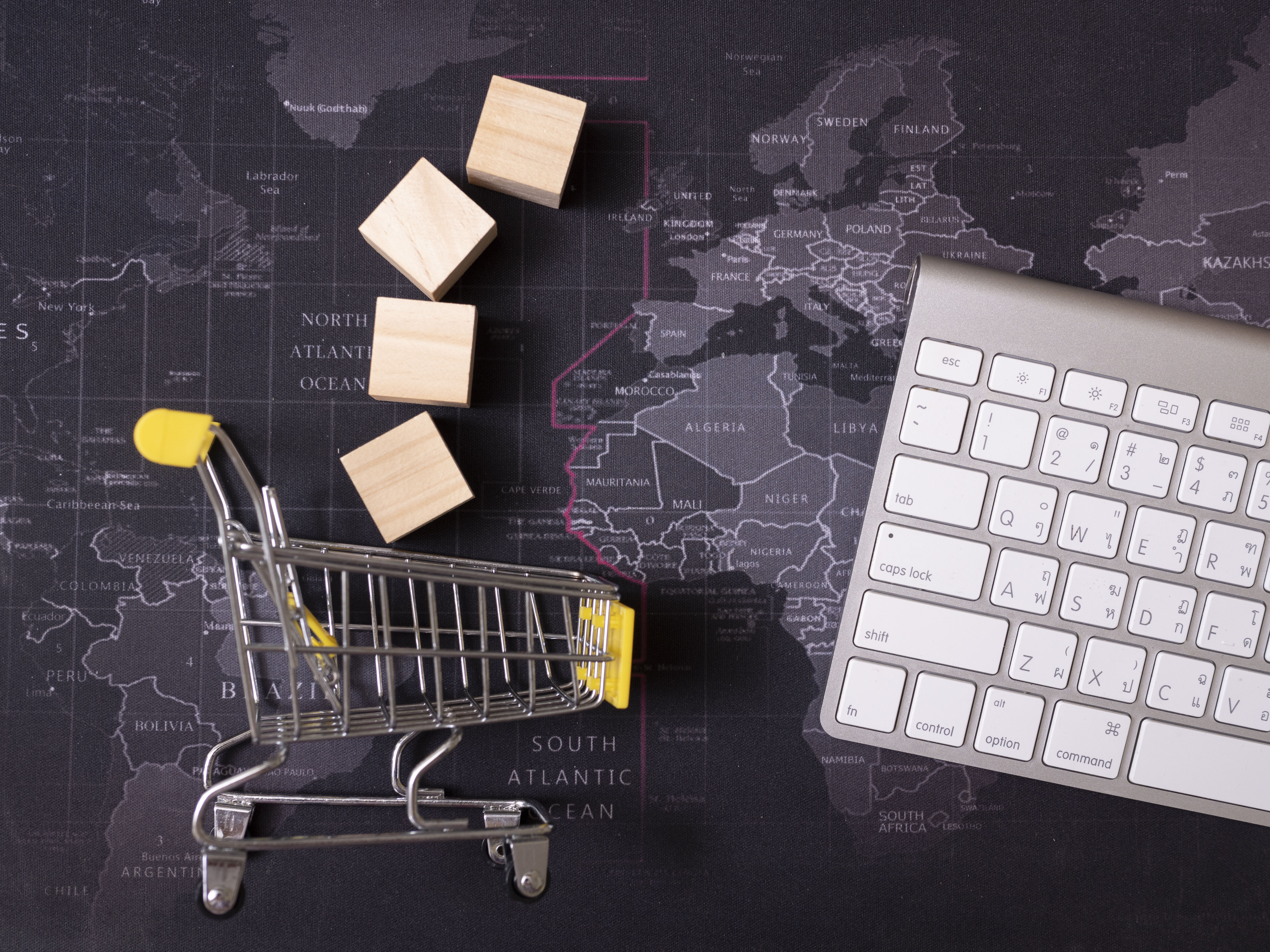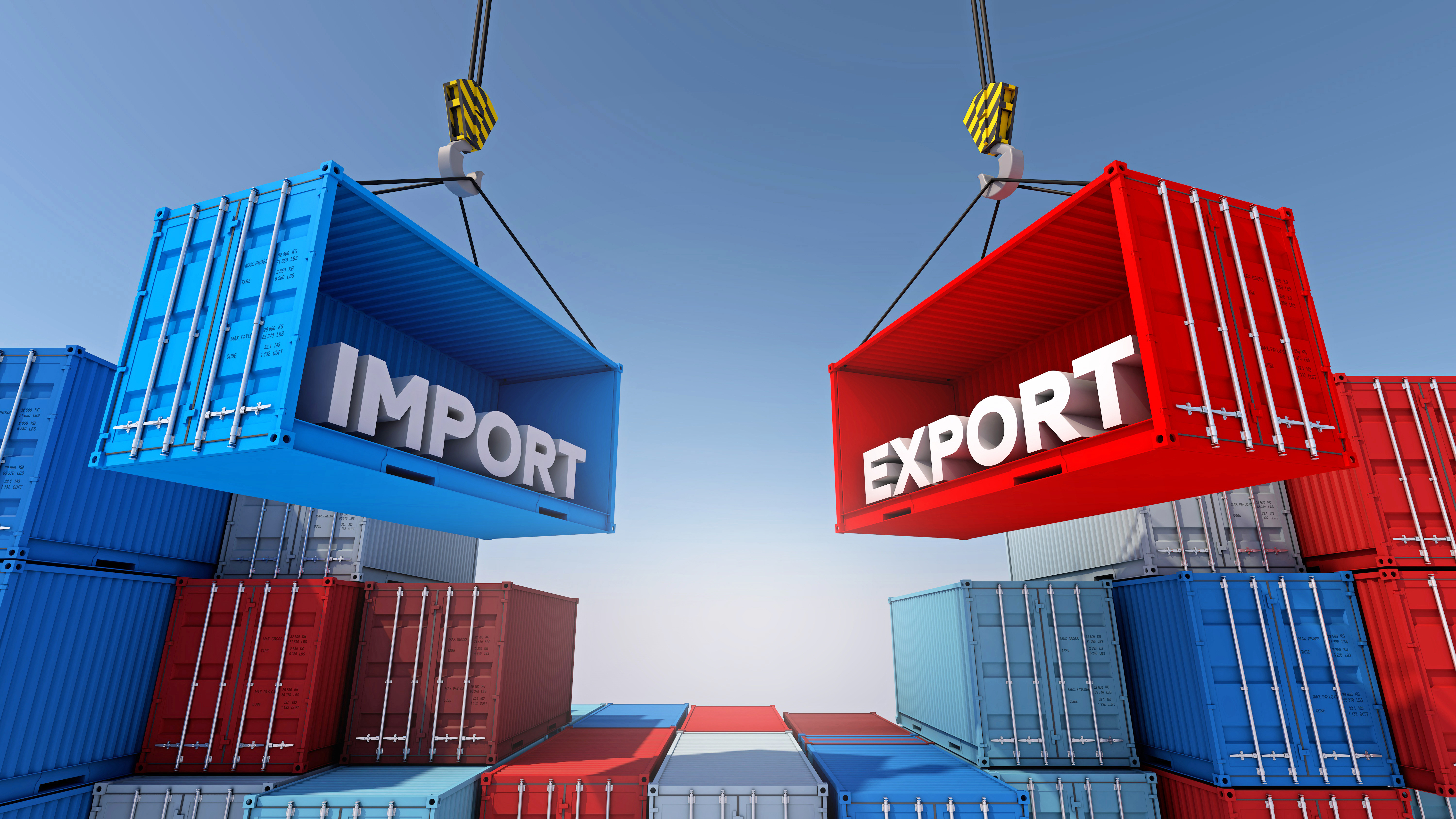
What is International Trade? Definition, Benefits, and Examples
What is international trade? It refers to the exchange of goods and services across national borders. This global economic activity is the backbone of modern economies, connecting markets and enabling countries to specialize in their strengths. By fostering economic cooperation, international trade has become a vital tool for development and prosperity worldwide.
Here’s what we’ll explore:
- What is International Trade?
- Importance of International Trade
- How International Trade Works
- Future of International Trade
What is International Trade?
International trade is the buying and selling of goods and services between countries. Unlike domestic trade, it involves navigating different currencies, regulations, and cultural considerations.
Historical Context
- Originating in ancient times, trade routes like the Silk Road facilitated the exchange of goods such as spices, silk, and precious metals.
- Over time, advancements in transportation and communication expanded global trade networks.
Key Differences from Domestic Trade
- Scope: Domestic trade occurs within a single country, while international trade spans borders.
- Complexity: International trade involves factors like tariffs, exchange rates, and trade agreements.

Importance of International Trade
The importance of international trade cannot be overstated, as it drives growth, innovation, and collaboration on a global scale.
Understanding what is international trade helps us appreciate its role in shaping economies and enhancing global connections.

How International Trade Works
International trade operates through a system of exports, imports, and regulations designed to facilitate exchanges between nations.
Mechanisms of Trade
Exports involve selling domestically produced goods to foreign markets, while imports bring products and services from other countries. These exchanges are often governed by trade agreements that aim to minimize barriers like tariffs and quotas.
The Role of Regulations
Trade policies and regulatory frameworks ensure fairness and compliance in the global market. Tariffs and quotas are tools used by governments to protect domestic industries or control the flow of goods.
Currency Exchange
A crucial aspect of trade is the exchange of currencies. Fluctuations in exchange rates can impact the profitability of transactions, making it essential for traders to understand and adapt to these changes.
Mastering these systems requires strong international trade skills, including market analysis, strategic planning, and adaptability.

Future of International Trade
The global trade landscape is evolving rapidly, with emerging trends and challenges shaping its future.
E-Commerce and Digital Trade
The rise of digital platforms has revolutionized how goods and services are traded, making international trade more accessible than ever. Businesses can now reach global audiences without physical storefronts, thanks to e-commerce giants like Amazon and Alibaba.
Sustainability in Trade
Environmental concerns are pushing countries to adopt greener trade policies. Initiatives promoting sustainable practices, such as reducing carbon emissions in shipping, are becoming more common.
Automation and Technology
Technological advancements, from AI to blockchain, are streamlining logistics and improving efficiency. Automation is expected to reduce costs and speed up supply chains, ensuring faster delivery times.
For professionals, staying competitive in this evolving field means cultivating strong international trade skills, such as technological proficiency, cultural awareness, and sustainability expertise.
International trade remains a cornerstone of global development, enabling nations to collaborate, innovate, and grow together. Understanding what is international trade and its mechanisms is essential for anyone aspiring to contribute to this dynamic field.
Are you ready to take the next step in your global career? The Asia Internship Program (AIP) offers tailored internships in international trade, giving you hands-on experience in Asia’s thriving markets. Visit AIP today and start building your future in international trade!
